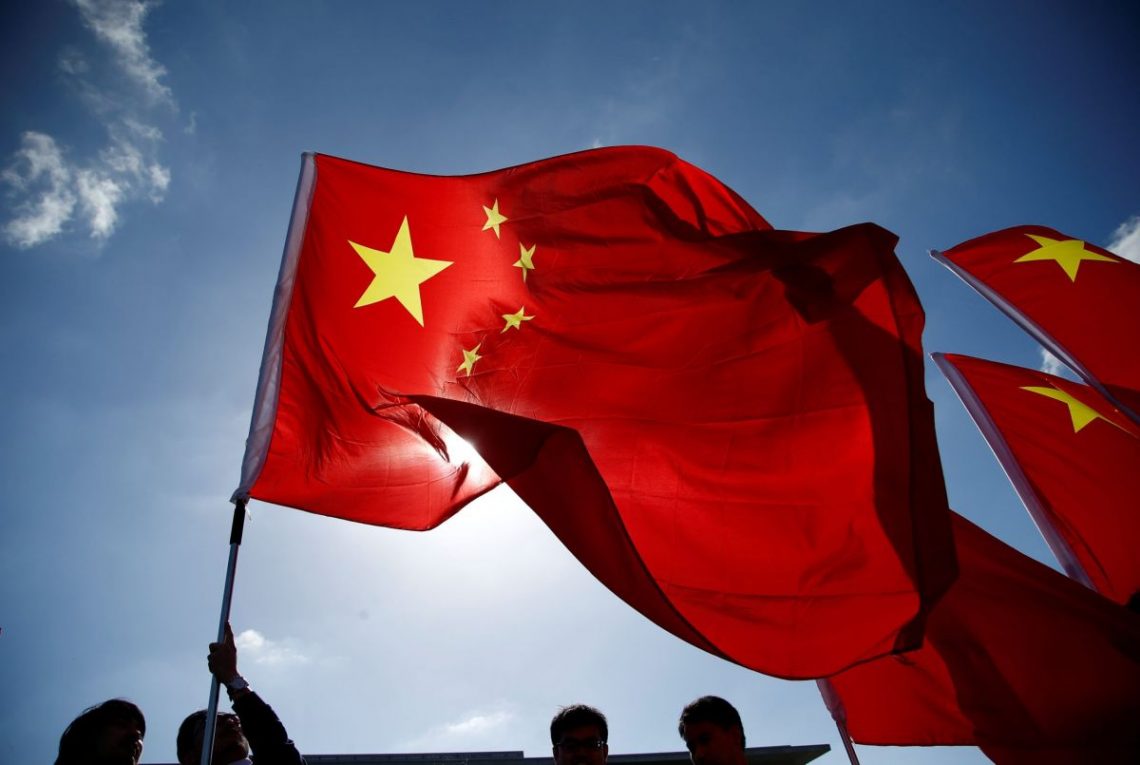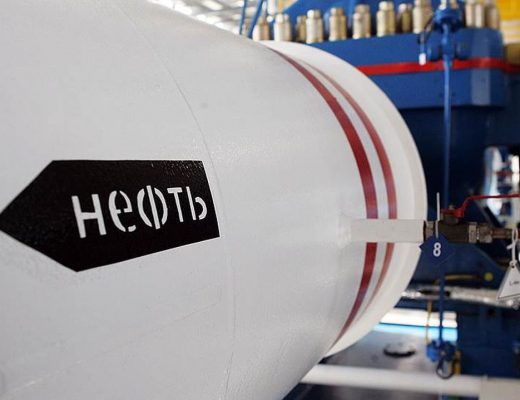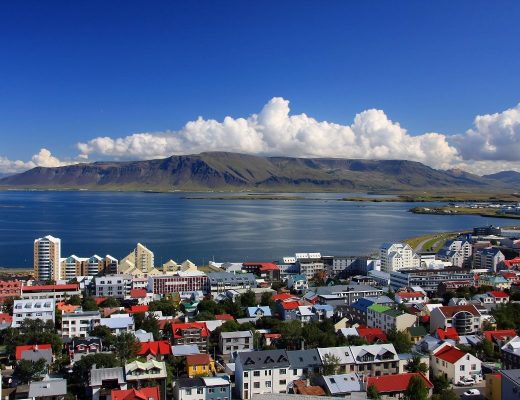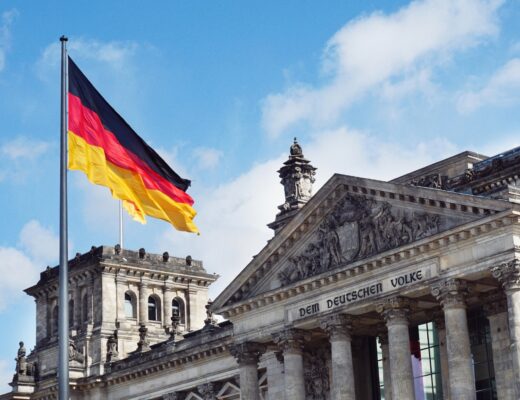Hong Kong national security law: details of the document
Chinese authorities have passed a law on national security, which concerns the situation in Hong Kong. It came into force in July this year, and was timed to mark the anniversary of the city’s transition from British rule to China.
The document envisages suppression of the slightest actions in Hong Kong, which may pose a threat to national security. This includes terrorist acts, separatism, and cooperation with foreign representatives who work against the Chinese regime.
According to the document, people who are found to have undermined state power or otherwise threatened the security of the autonomy will be sentenced to life imprisonment. The law allows the Chinese authorities to stop any dissent in Hong Kong and to put pressure on people who do not agree with their policies. China is afraid of a repeat of the scenario of last year, when the city held large-scale rallies and confrontations between the population and the police. The protests lasted from June to November, and as a result a large number of people were affected. The situation itself affected the economic situation in Hong Kong and led to a decline in investment and income.
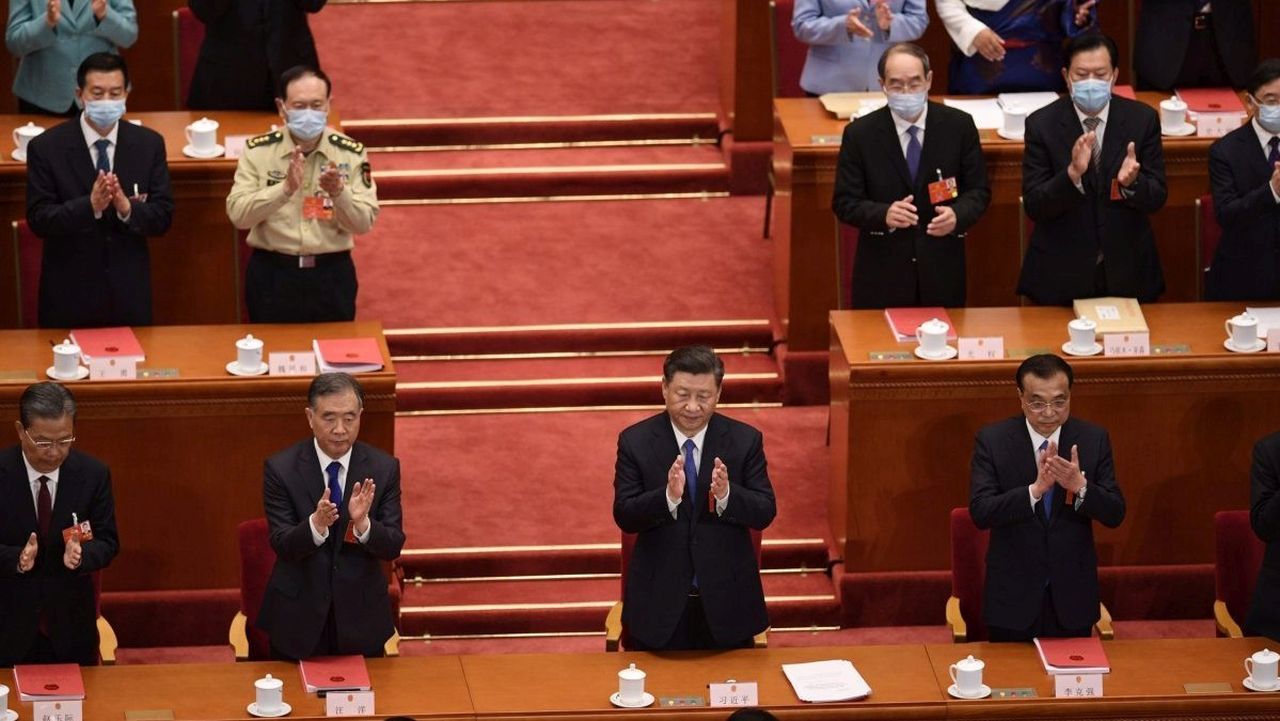
The National Security Act was adopted shortly after the U.S. announced new sanctions against China. They were caused by Beijing’s actions against Hong Kong’s autonomy and independence. The White House introduced new rules for obtaining visas for representatives of the Chinese state apparatus, as well as restricted entry for a number of officials involved in illegal actions against Hong Kong. The US sanctions were also supported by Great Britain, which urged Beijing to respect the region’s independence. The kingdom ruled Hong Kong until 1997, and then it became part of China, which promised the region autonomy and extended rights for 50 years. London, and as representatives of many countries, called the new law on national security dictatorial.
After Hong Kong, their rights were declared in Taiwan. Early in the year, the Democratic Progressive Party won the local elections and its leader became president. This political force is in favor of the independence of the island, but China by all means prevents this, considering the country part of its power. As in the case of Hong Kong, the U.S. supports the local government by opposing Beijing’s pressure. The situation is further aggravated by the ongoing trade war between the US and China.
So far, China has not been able to fully influence the processes in Taiwan, but the island is afraid of direct invasion by Beijing, which local forces can not withstand. Especially since China’s economic pressure on the Taiwanese government, fearing that the Hong Kong scenario will be repeated here.
